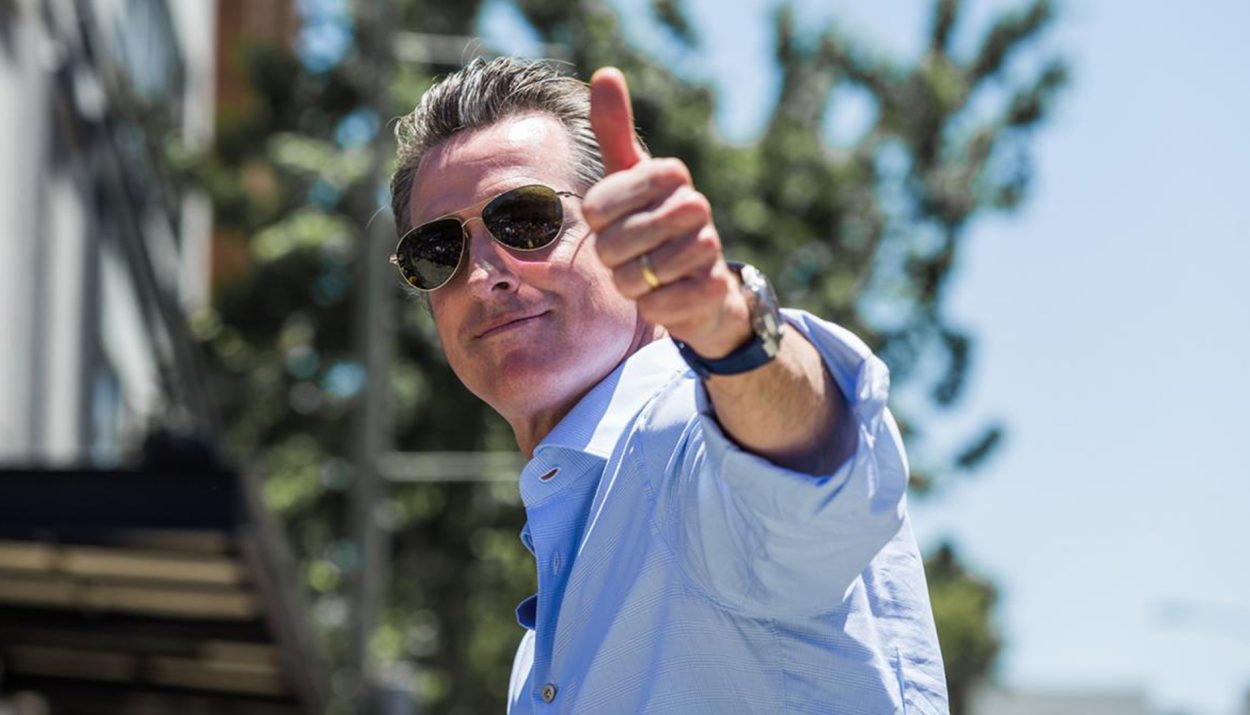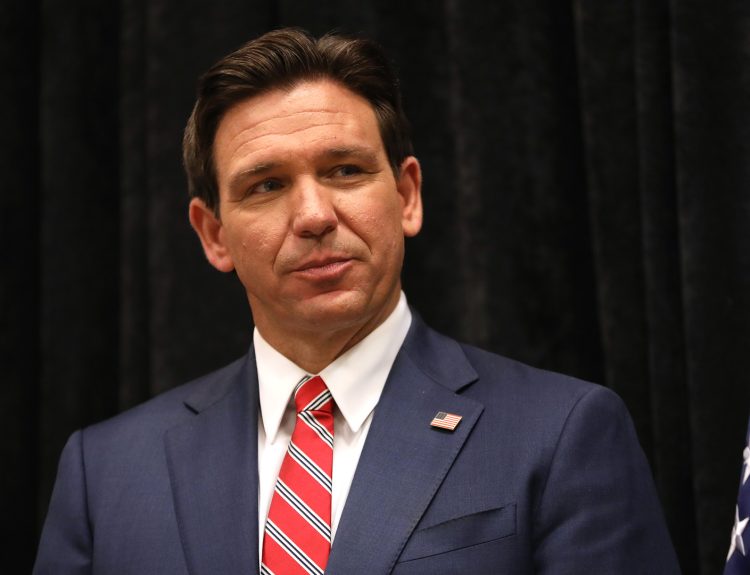California is getting ready to enact its minimum wage law for fast food workers. Starting Monday, all fast food workers will be entitled to receive at least $20 per hour. Restaurant chains are scrutinizing all facets of their business operations to figure out ways of offsetting the additional labor costs.
A Los Angeles restaurant owner, Angela Marsden, has expressed her concerns on America’s Newsroom that employees and customers will end up bearing the brunt of this new law.
Possible Impact of The New Law
Marsden said, “We are the ones that were strong enough to be the mom-and-pop shops that survived COVID. And now we’re hit with this, and it directly impacts the small businesses.” Talking about what may happen in the foreseeable future, Marsden said, “We’re going to have massive layoffs, massive job losses.”
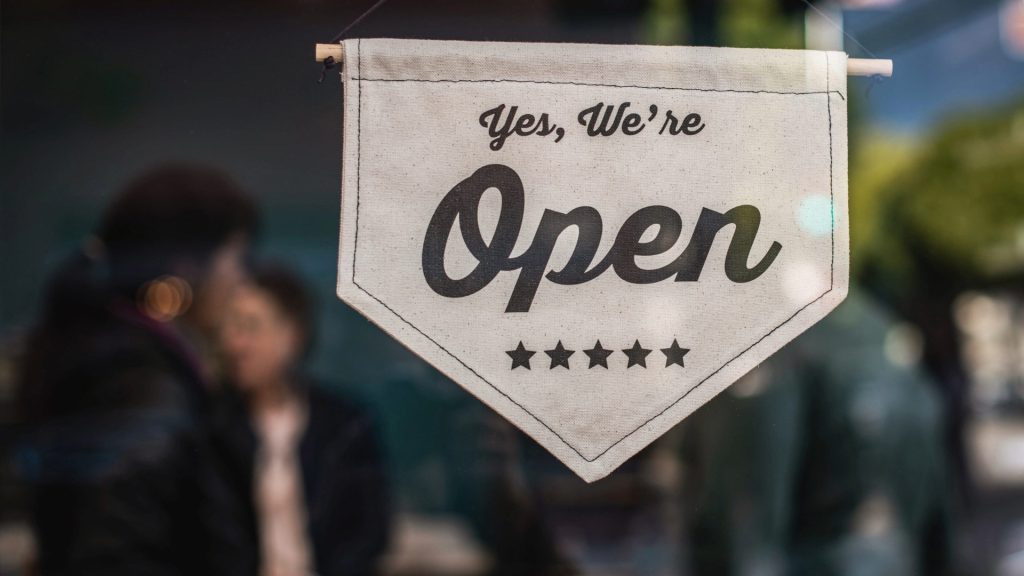
Marsden added, “And when it comes to being a mom-and-pop shop, if you can get $20 an hour dropping fries at McDonald’s, what do you expect, you want me to pay to make a nice meal or a nice hamburger? My hamburger, currently, is going up to 20-some dollars an hour.”
Newsom Passed the Law in December
Back in December 2023, California Governor Gavin Newsom, passed the new law raising the minimum wage for food industry workers to $20 per hour.
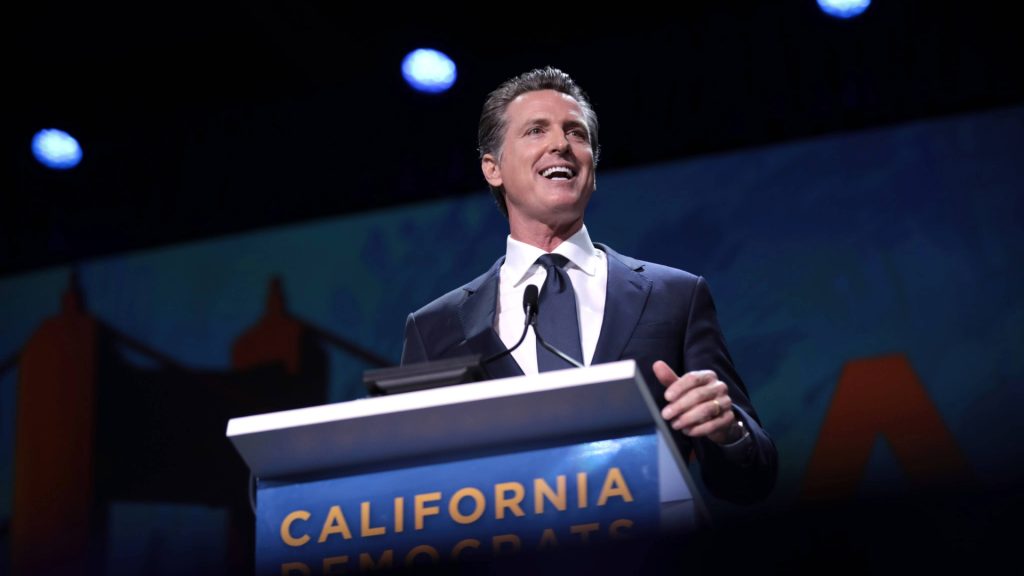
The minimum wage for all other industries across California is set at $15.50, one of the highest in the U.S.
The Law Comes Into Effect on April 1
The new minimum wage law comes into effect on April 1, 2024. It is applicable to employees at restaurants having a minimum of 60 locations across the country.

Establishments that are making and selling their own bread do not fall under the purview of this new law.
Many Businesses May Close
Marsden said a friend of hers who owns seven McDonald’s franchises is planning to shut down at least four locations due to the upcoming increase in labor costs.
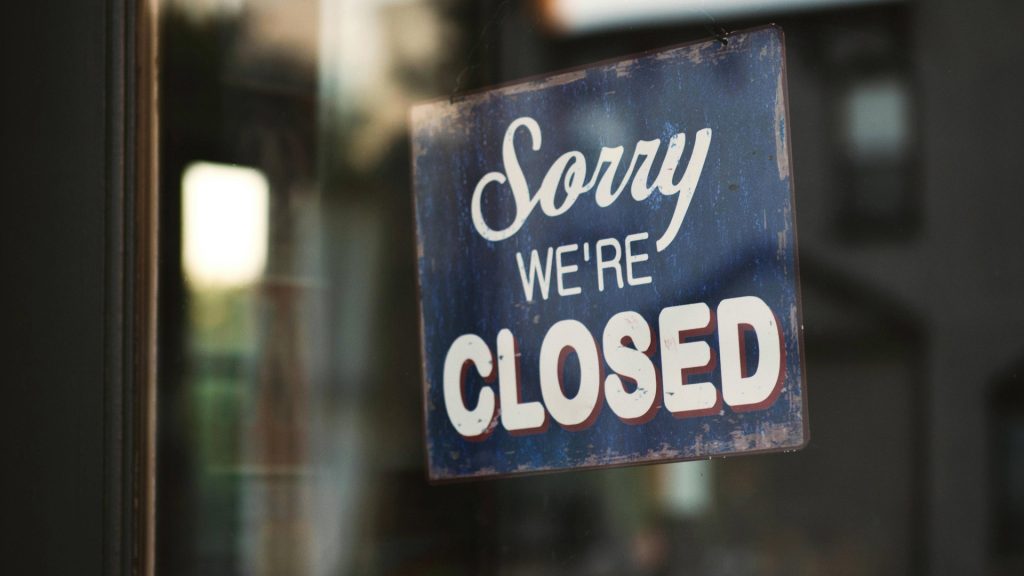
Several food chains in California – including Southern California Pizza, Pizza Hut, Vitality Bowls, and Round Table Pizza – have also announced layoffs in the wake of the new law.
Marsden Blames Newsom for the Consequences of This New Law
Talking about the consequences of enacting the new law, Marsden said, “Now they’re getting laid off. They’re losing their jobs.”

Marsden believes Newsom is a “trickster.” She said, “Gavin Newsom, I hope the United States is watching. I hope he never becomes president. This man is destroying California. I don’t understand why people can’t see that he’s the biggest trickster of all time.”
An Indirect Tax
Marsden believes enacting the new law is a sneaky way of taxing the public. She said, “It is a silent tax on the public.”
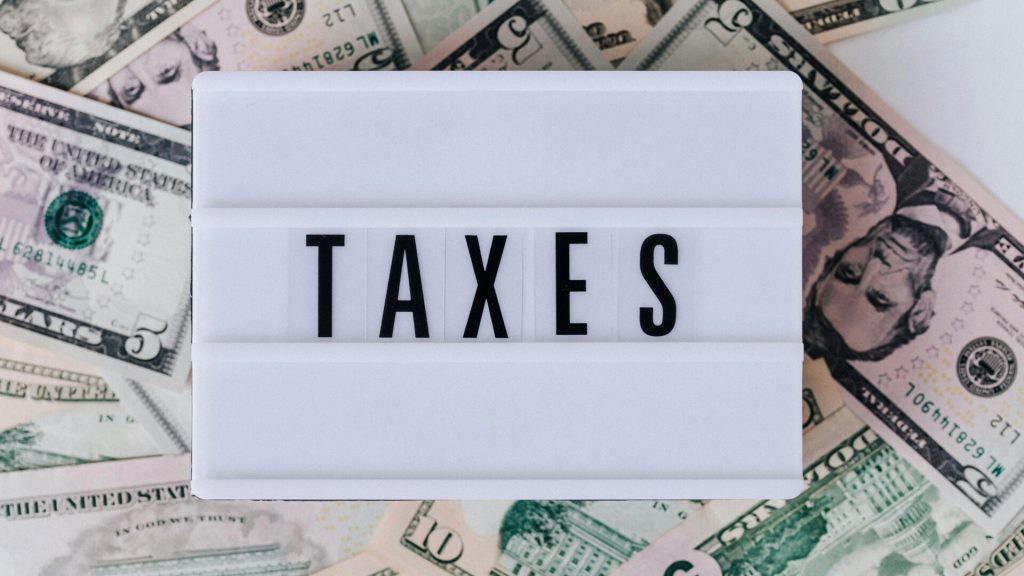
Marsden added, “The public will pay for the unemployment of the people that are let go. The public will pay the $26 now for the hamburger.”
Socio-Economic Implications
Talking about the socio-economic impact of this move, Marsden said, “The lower class, middle class, upper class has been completely shut out.”

Marsden further elaborated, “They can’t even afford to go to McDonald’s, let alone come to my place. And businesses are collapsing.”
Only Big Corporations and Conglomerates May Survive
Discussing the changes she has had to make due to the legislation, Marsden said, “My kitchen has been here since 1978, and I’ve cut my bookkeeper. I’ve cut my hours.”

Marsden believes the new minimum wage law has been implemented as an attempt to crush small and medium-sized businesses. She said, “It is literally making way for corporations and big [conglomerates], people with a lot of money will be able to have a business.”
Marsden Believes Everyone is Being Tricked
Marsden speculated that by implementing the new law, Newsom is aiming to have the food industry adopt artificial intelligence (A.I.) solutions to sustain their business operations.

Marsden said, “People need to wake up. This is like when you go out to the circus and the guy has a big fancy trick he’s showing you. Meanwhile, somebody is stealing all the money out of your pocket, because this tax is being passed on to the consumer.”
The American Association of Franchisees and Dealers Had Opposed the Law
The fast food minimum wage legislation was vehemently opposed by the American Association of Franchisees and Dealers.
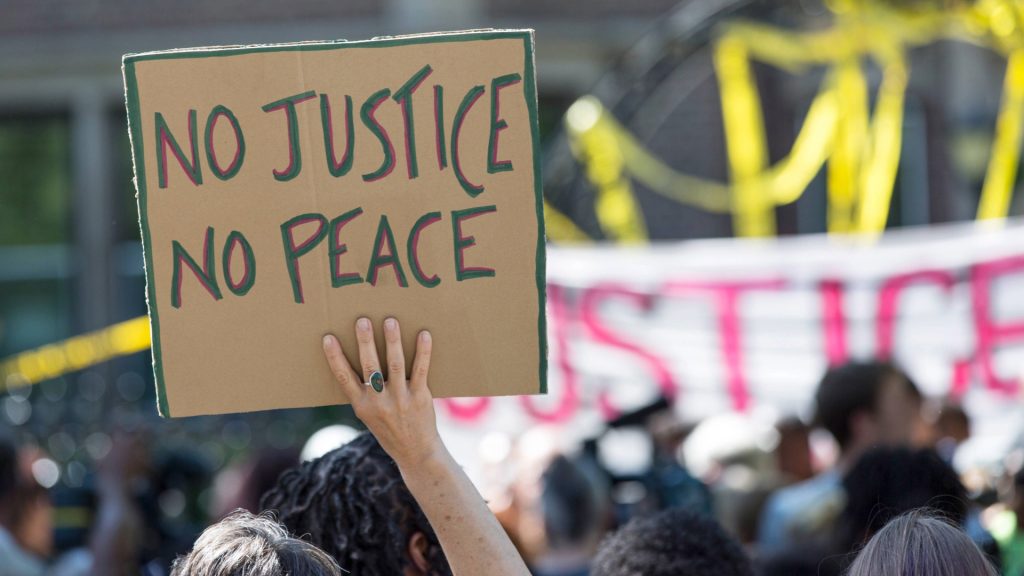
The legislation was supported by major fast food chains. These chains received guarantees from labor unions that they would abandon an initiative to hold the chains accountable for labor violations committed by their respective franchises.
Large Franchisors Can Avoid Responsibility
Milled said the new legislation allows large franchisors like Subway or McDonald’s to avoid responsibility since they don’t have to be the ones directly paying the heightened wages.
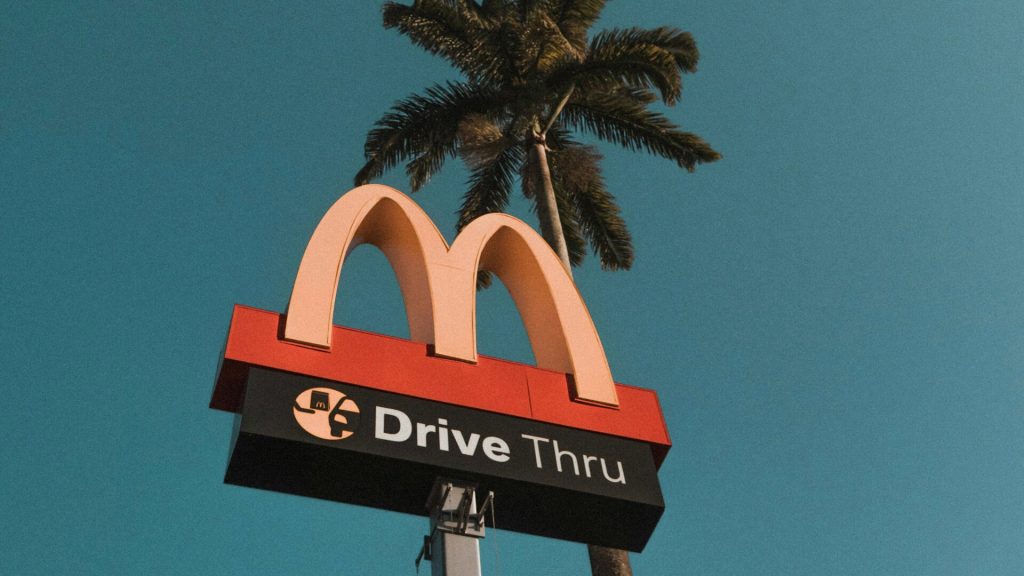
Miller said the actual burden of the new legislation will be borne by small franchisees like him who will have to bear the additional expenses.
The New Law Can Affect Other Industries
Miller wonders why it is only fast food workers who have been specifically targeted as a segment in need of a minimum wage increase.
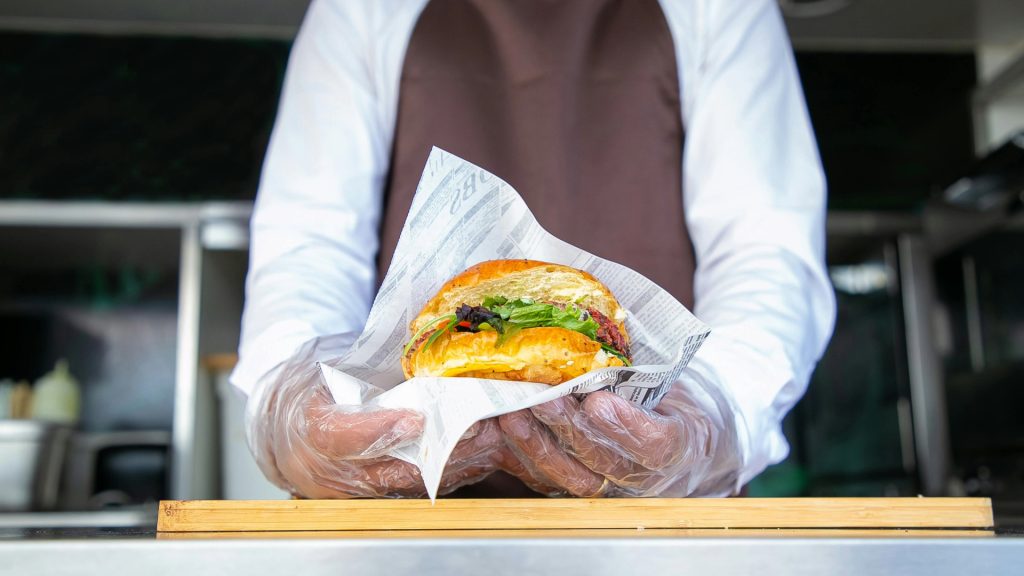
Miller shared his concerns that this new law is likely going to affect other industries as well including retail.
Workers May Switch Industry
Miller suspects that retail workers may consider transitioning over to the fast food industry because of higher wages.

According to Miller, retail employers may have to consider offering increased wages to prevent retain workers from switching over to the fast food industry.
Precedent for a New Market Rate
Miller believes this new law is going to have wide-ranging implications across all industries. He said, “It’s kind of a fallacy that this impacts only fast-food workers.”

Miller believes the fast food industry minimum wage requirement is likely going to set a new market rate across the board for all industries. As he puts it, “It kind of creates a market rate. In effect, the minimum wage for a lot of people will be $20.”

